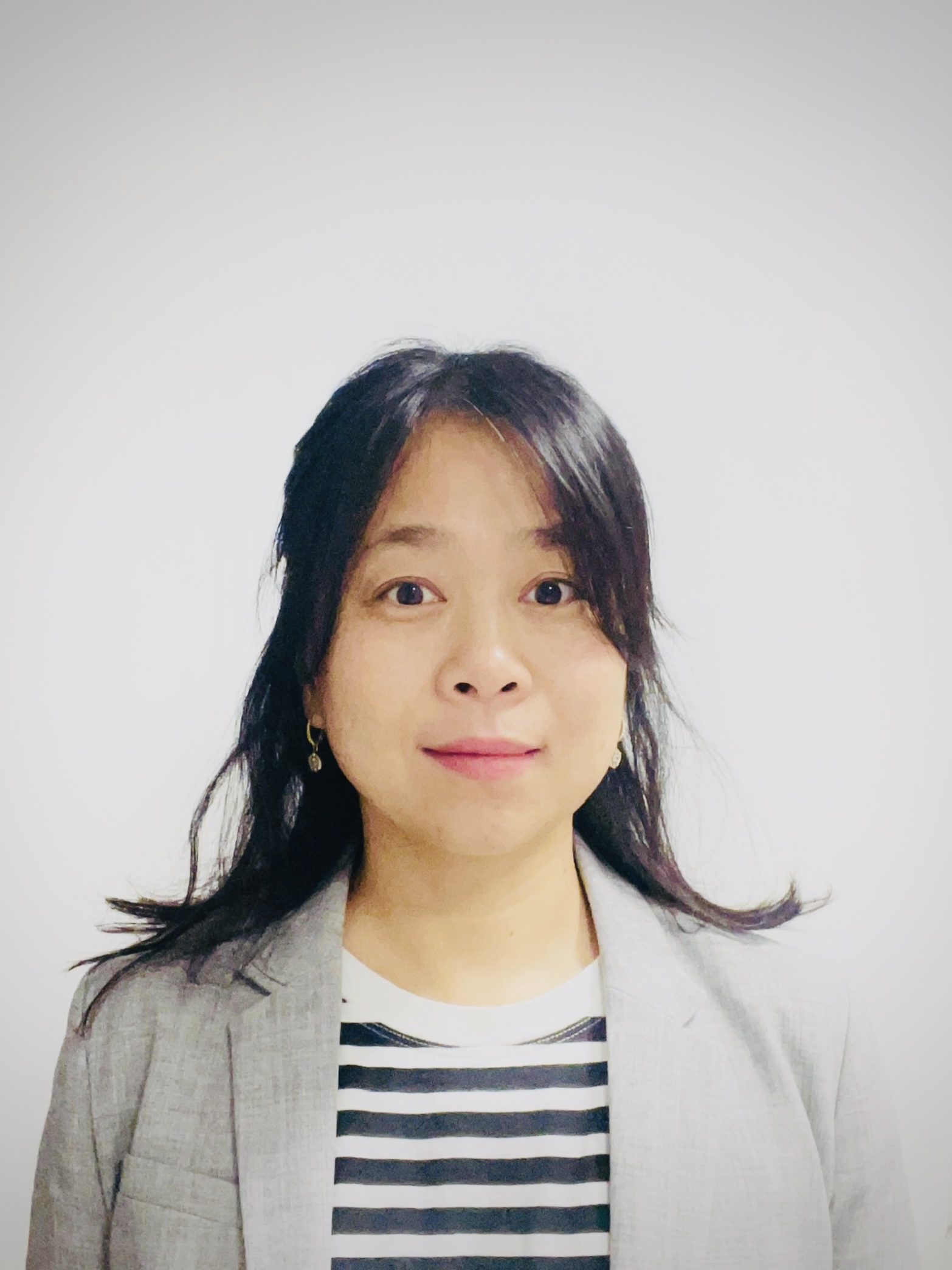| Contact |
Dustin Luca
|
|---|

SALEM, MASS. – Two Salem State University faculty have been named fellows of the New England Board of Higher Education’s North Star Faculty Fellowship, a professional development program for Black, Indigenous, People of Color (BIPOC) faculty.
Mbita Mbao, assistant professor in the School of Social Work, and Ya Zhou, associate professor of chemistry, were among 33 fellows announced by the organization to begin the new year.
The North Star Collective (NSC) is a group of colleges and universities in the New England region that are working toward transformative racial equity and are committed to supporting and uplifting BIPOC community members on campus. The Faculty Fellowship, run by NSC from January to May, is a semester-long community designed to support BIPOC faculty and their career advancement, to foster community, and to provide opportunities for peer mentorship and racial healing.
Zhou, one of two Salem State faculty in this year’s fellowship cohort, called the Collective “a nurturing community for BIPOC faculty that not only supports fellows in our writing and publishing endeavors, but also fosters a caring and healing environment to help BIPOC faculty maintain our mental and physical well-being.”
“As an NSC fellow, I aim to hone my academic writing skills, connect with other BIPOC faculty and mentors, and join a supportive community of BIPOC scholars,” Zhou said. “In return, I hope to promote racial equity in the workplace at SSU and provide impactful mentorship to the next generation of BIPOC faculty and student scholars in my field.”
Mbao, in discussing her fellowship, said she plans to advance work on a mixed-methods study examining the viability of Emotional CPR, or eCPR, within BIPOC populations.
“The study explores whether outcomes improve when BIPOC participants are trained exclusively by BIPOC facilitators,” Mbao said. “While the quantitative component is complete, I am now conducting focus groups to gather qualitative data, centering participants' voices and experiences with the training. This research aims to understand whether shared backgrounds between trainers and participants lead to better outcomes, with implications for mentorship, belonging, and their role in clinical settings.”
The Fellowship, Mbao said, will also “help strengthen my ability to create culturally responsive, trauma informed and inclusive learning environments, particularly for students who identify as BIPOC."
NSC founding co-directors Tatiana M.F. Cruz and Kamille Gentles-Peart said they designed the faculty fellowship because “BIPOC faculty face unique challenges in academia.”
“We designed the NSC faculty fellowship to address these specific struggles and provide a nourishing community of care, peer mentorship, and restoration that supports fellows’ professional development as well as holistic wellbeing,” the co-founders said. “This year, we are excited to expand the NSC to 20 institutions and make this community available to more BIPOC faculty in the region. The record number of applications this cycle speaks to the continued need for affinity spaces of healing for racially marginalized faculty in higher education. Now with over 100 fellows across four cohorts, we are beginning to realize the transformative impact of the NSC in New England.”
